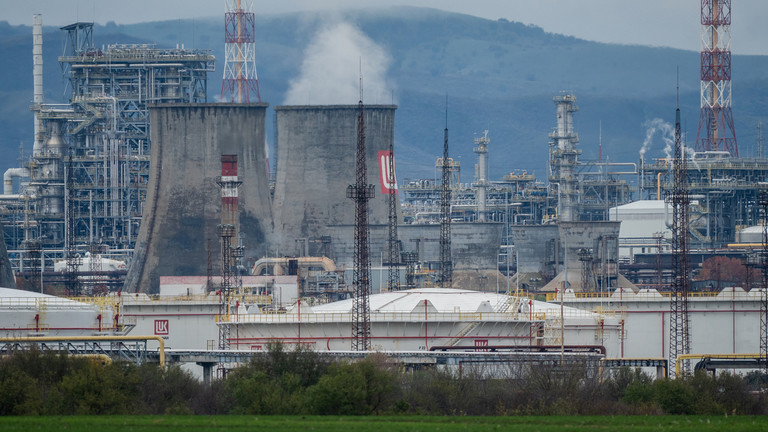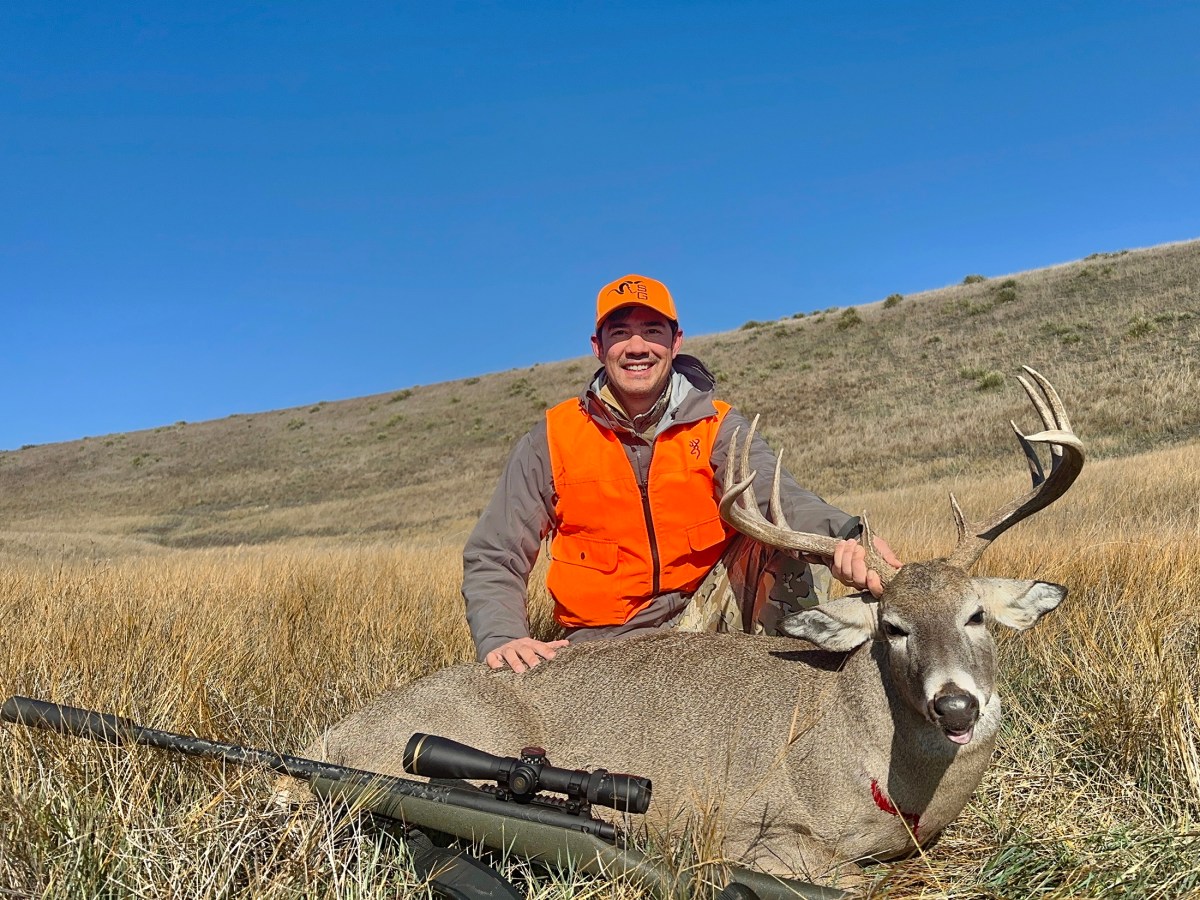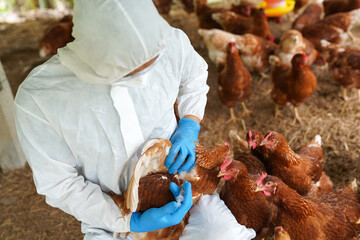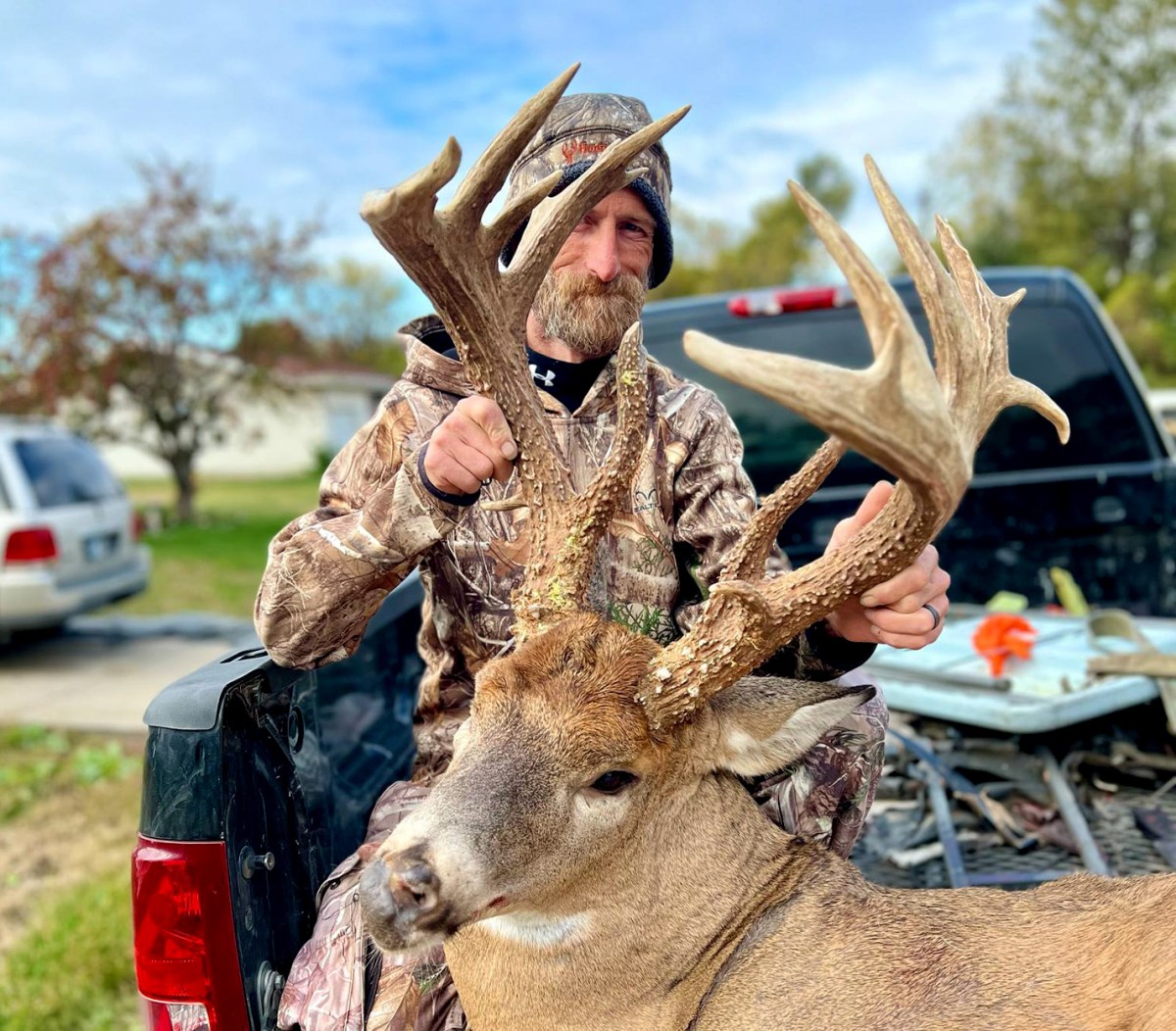Why We Prep – Survivopedia
Why do we prepare?
I have found that people who don’t know us often think that we prepare out of fear, but that’s not why the survivalists I associate with prepare, and it’s certainly not why I prep.
Some view preppers in a negative light out of ignorance. They simply don’t know us. Others have been misinformed by Hollywood or reality TV shows like “Doomsday Preppers”, a show that did its best to cast preppers as nutty, reckless, comedic caricatures of Chicken Little, each obsessed with some singular threat to the exclusion of all others (the crazier the better) for the sake of entertainment.
Lastly, as Stephen R. Covey used to say, still others are simply projecting their own weaknesses onto to us “like bad home movies.” Their paradigm of human nature comes from their paradigm of self, and they are afraid, so they hypothesize that we must be afraid too. (Covey, 1989)
In actuality, the reverse is true. People fear the unknown and events they are not prepared for. Knowledge and preparation banish fear.
So, here’s why preppers prep, straight form the horse’s mouth.
 Family, Stewardship and the Moral Foundation of Readiness
Family, Stewardship and the Moral Foundation of Readiness
Preparedness is a correct principle, a universal truth that is accepted by virtually all cultures. Preparing is better than planning.
We Prep So We Can Sleep When the Wind Blows
I was raised in a culture of preparedness and one of the stories I was taught was called, “I Can Sleep When the Wind Blows.” It is a little long to quote in this article, so I will paraphrase it to shorten it:
Farmer Smith wanted a boy to work on his farm, so he interviewed candidates. A young man about sixteen caught his eye. The tough old farmer asked him “What can you do?” The boy responded, “I can sleep when the wind blows.” The farmer ends up hiring the boy in spite of his strange answer.
One night Farmer awoke to a terrible storm. The storm threatened to tear the roof from the farm and gusts of wind cracked trees. Farmer Smith jumped into trousers as lightning lit the darkness. He rushed out into the farmyard to see if anything on the premises was still intact, but he would need the services on a wicked night like this of the new boy. He called up the stairs of the attic where the latter slept, but the response was snoring. He went half the way up the stairs and thundered again, but only a snore echoed back. He ran up to the boy’s bed and tried to wake him but the boy slept on.
In desperation and disgust he faced the storm, first approaching the dairy barn. Lo and behold, all the cows were peacefully chewing their cuds, and the inside of the barn was dry and snug. He discovered how the boy had chinked up the cracks of the barn and fixed the doors. In the pigpen, he found the same tranquility, notwithstanding the force of the storm.
He proceeded to the haystack where he found the lad had wires had been thrown and weighted every few feet on each side. The alfalfa too was safe and dry.
The farmer was stunned by the revelations he had in a few minutes of the terrible storm that night. He dropped his head. The peculiar answer from the boy slapped him in the face: “I can sleep when the wind blows.” (Whittaker, 1904)
I think Thomas Whittaker’s story captures the essence of why we prep. We prep so we will be ready when disaster comes. When disaster strikes, preppers don’t have to panic buy or hoard.
We Prep for Family and Stewardship
As I often say, you are responsible for your family’s security. It is a sacred trust that can be delegated or transferred. You don’t get to farm it out to alarm company for $9.99 a month, or even to law enforcement.
Why? Because of physics, for one thing. 80% of gunfights are over in 3.5 seconds, from the first shot to the last. In most cases, it is physically impossible for anyone else to save you. That just how it is. Over 80% of the time, by the time you dial 9-1-1, and help arrives, all they will be able to do is transport anybody still breathing to a hospital.
Cameras, alarms, alarm monitoring companies, security companies and law enforcement can’t protect you from a bad guy with a gun. The only thing that can is a properly trained good guy with a gun who is present when it goes down.
The same goes for other aspects of your family’s security and self-reliance. You are responsible for protecting, sheltering, feeding, raising, and educating your family and providing for their basic needs of security, medicine, water, and food. You can ask for help, but you are ultimately responsible, not the government, the school, or healthcare workers.
We Prep So We Can Help Others
Do you know what extra items I bought when the COVID-19 pandemic struck? Absolutely nothing. I gave away hundreds of N-95 masks and gallons of hand sanitizer to elderly friends and total strangers who where at risk.
I watched as the supermarket shelves emptied and knew that my family would be OK because we already had everything we needed, and because my family was OK, I was able to continue volunteering as the CERT Program Coordinator for my city. My team directed traffic for our county health department and distributed PPE to businesses to help them reopen safely instead of worrying about my family and waiting in line to buy hand sanitizer, masks or toilet paper.
Some folks argue that if you will put your own family at risk if you help others during a disaster. The scarcity mentality says that there’s only so much pie and if I give you a slice, then there’s less for me and my family. The abundance mentality says, “Let’s make more pie!” so there will be plenty for everyone. You can prepare out of the scarcity mentality, or you can prepare out of the abundance mentality.
There are many ways you can help others in a disaster. You can stockpile extra necessities, or you can give you time by serving with a governmental program or one of the many non-governmental Volunteer Organizations Active in Disaster to more effectively help your neighbors in an emergency, or you can simply help your neighbors on an everyday basis.
Just be aware that if you try to donate goods or volunteer by yourself without going through proper channels, the government will see you a “spontaneous volunteer” and government organizations see spontaneous volunteers as liabilities and headaches because they worry you will block fire department doors with donations that aren’t needed or show up to help in shorts and flip flops and end up getting hurt, creating more victims they’ll have to treat.
Because of this, the government often turns people away who show up to help, which is very frustrating for folks spending time and money to help. So, if you want to help others, either help your immediate neighbors or consider joining an organization and getting training so you can volunteer through established channels.
Volunteering may sound like a lot of work, but as long you know when to smile and say “No.” when someone asks too much of you, I have found that most volunteers end up getting back more than they give.
We Prep Because We Know the Government Can’t Do It for Us
As a nation, we have chosen the reactive approach to emergency management. For the most part, we don’t prepare for disasters until they have already occurred. It’s just not something that we invest in.
We have a nuclear arsenal as a deterrent and just hope that we never have to use it, and we have shelters to ensure the continuity of government, but the we don’t build or maintain fallout shelters for our citizens.
But would you really want it any other way? Reagan once said that the nine scariest words in the English language are, “I’m from the government and I’m here to help!”
If you went to a government shelter, it would be like everything else the government does. There wouldn’t be enough of anything, equipment wouldn’t be correctly calibrated, and any protection it did provide would probably be insufficient. If you want to protect your family, you would probably be better off creating your own improvised fallout shelter, stocking it and equipping it yourself.
Some other countries require homeowners to build their own shelters at their own expense, the USA just doesn’t require you to do so.
The government can’t help everyone in other types of large-scale disasters, either. There simply aren’t enough first responders, ambulances, hospital beds or supplies to help everyone. The government expects you to have emergency supplies on hand and to take care of your household for a minimum of several days.
They also expect you to look in on your neighbors. One of FEMA’s slogans is, “Until help arrives you are the help!”
We Prepare to Become Antifragile
Antifragile is a term coined by Nassim Nicholas Taleb to describe that which gains from disorder and negative stimulus.
According to Taleb, fragile things break when exposed to shock or stressors, robust or resilient things are unaffected, but antifragile things grow stronger or benefit in some way when they are exposed to negative stimuli. (Taleb, 2012)
The word antifragile is certainly new, but I don’t think that the idea is new. In the Bible, for example, the prophet Malachi spoke of the refiner’s fire and the process of purifying gold and silver and the God would do likewise to the Levites through exposure to adversity.
There is also the poem, Good Timber by Douglas Malloch.
The tree that never had to fight
For sun and sky and air and light,
But stood out in the open plain
And always got its share of rain,
Never became a forest king
But lived and died a scrubby thing.The man who never had to toil
To gain and farm his patch of soil,
Who never had to win his share
Of sun and sky and light and air,
Never became a manly man
But lived and died as he began.Good timber does not grow with ease,
The stronger wind, the stronger trees,
The further sky, the greater length,
The more the storm, the more the strength.
By sun and cold, by rain and snow,
In trees and men good timbers grow.Where thickest lies the forest growth
We find the patriarchs of both.
And they hold counsel with the stars
Whose broken branches show the scars
Of many winds and much of strife.
This is the common law of life.– Douglas Malloch. “Good Timber.”
Douglas Malloch was a lumberman, a poet and a keen observer, but I think anyone who spends enough time observing nature should understand antifragility, because it abounds in nature. Organisms and natural systems are inherently antifragile, while even the best manmade products and systems are resilient, at best.
 Survivalists like to describe antifragility as “thriving” as opposed to “just surviving.” They set their sights higher than to just keep on living because life is to be enjoyed, not merely endured. Perhaps they aren’t aware that vocabulary exists that more precisely describes the idea yet, but we should probably cut them some slack. The word “antifragile” has only been around for a little more than a decade.
Survivalists like to describe antifragility as “thriving” as opposed to “just surviving.” They set their sights higher than to just keep on living because life is to be enjoyed, not merely endured. Perhaps they aren’t aware that vocabulary exists that more precisely describes the idea yet, but we should probably cut them some slack. The word “antifragile” has only been around for a little more than a decade.
Summary
We do not prep out of fear. We prep:
- so we can sleep when the wind blows,
- to care for our families and our stewardships,
- to help others,
- Because we understand that the government cannot do it for us,
- to become more antifragile or grow stronger and more capable in response to struggle and adversity, not just to merely keep on breathing.
Read the full article here





